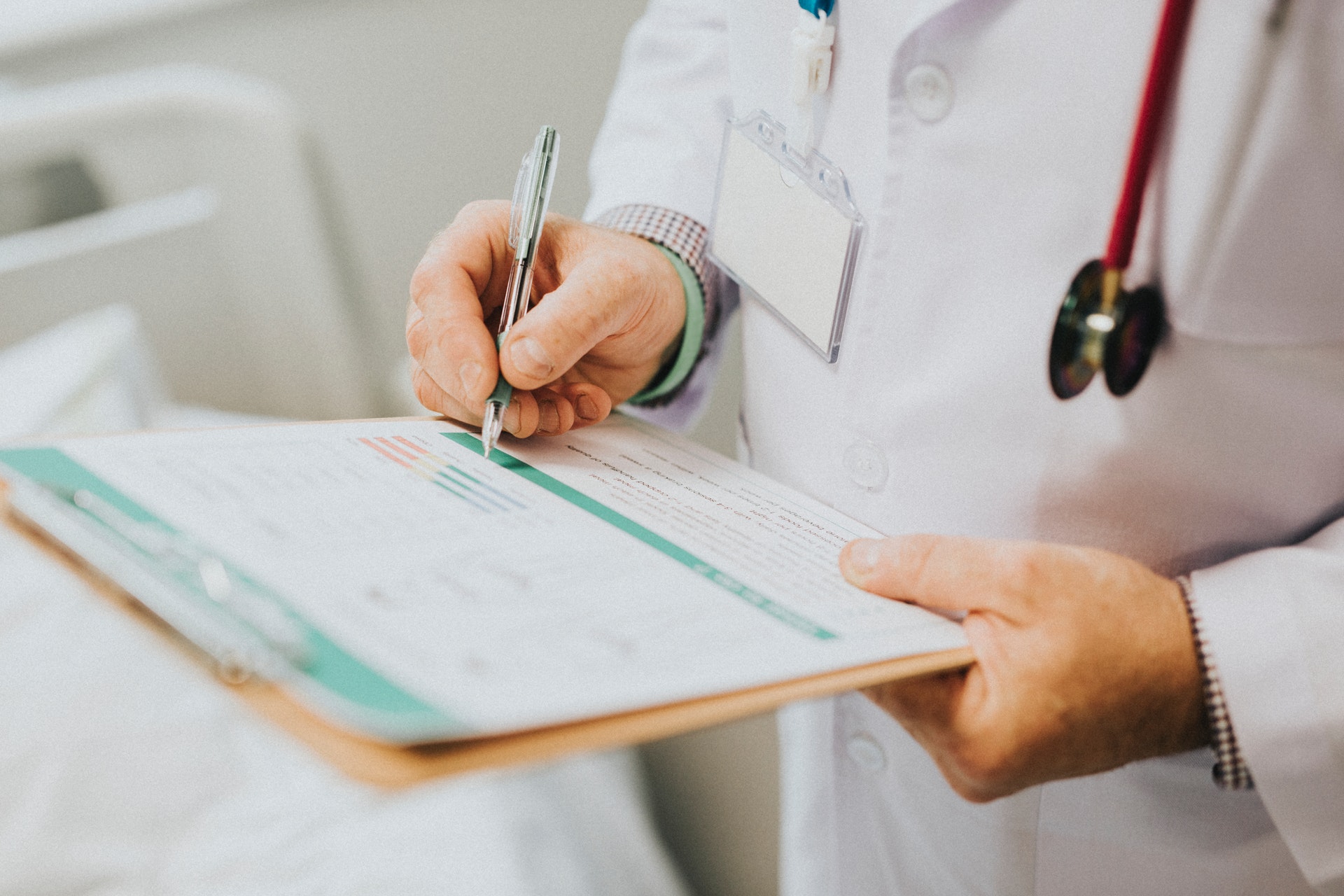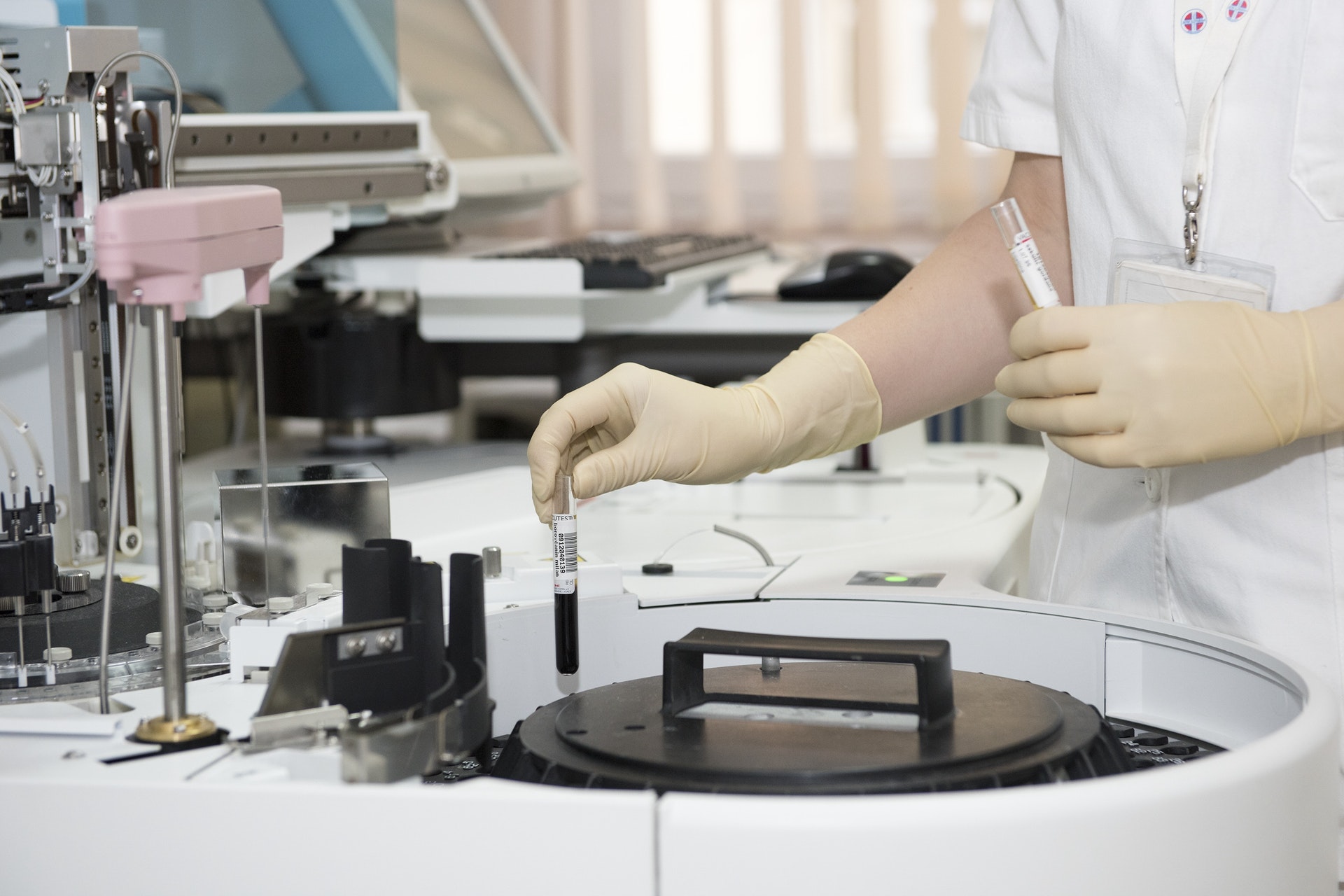8 Things You Didn’t Know About Ectopic Pregnancy
Every pregnant mother has fears in her days of early pregnancy of issues like an ectopic pregnancy. But what happens when you fall under the suspicion of your pregnancy being ectopic?
What does this potential diagnosis mean to you, and how do you navigate the process of managing the pregnancy?
After experiencing my ectopic pregnancy in February 2019 (you can read about that here) I found myself researching the condition for hours on end looking for answers. Through this process, I found out that the information out there was not what I was looking for or was scattered across different sites making it hard to find.
Therefore, I put together this short guide for other moms and for the loved ones of those suffering from an ectopic pregnancy.
**Disclosure- I am NOT a doctor and nothing in this post should be taken as medical advice. The information contained in this post is simply the information I found or experiences I had during my own ectopic pregnancy. I hope that you will find it to be helpful, but please, do not use this as a self-diagnosing tool. That is not the intention of this post.***

Not Diagnosed Right Away
Since an ectopic pregnancy can mimic a regular, healthy pregnancy in many ways, this condition is not diagnosed quickly. In order to ensure proper diagnosis, many factors are considered. Doctors use ultrasounds, HCG levels, and presenting symptoms in conjunction with one another to diagnose. Doctors also often monitor the pregnancy for several days to weeks before making a final diagnosis in order to ensure no mistakes are made.
Grows Slower than a Regular Pregnancy
Since your fallopian tubes are not made to support pregnancy, an ectopic pregnancy will often grow significantly slower than a healthy pregnancy. You may see your pregnancy progress normally throughout the first several weeks of pregnancy. Once the fetus becomes large enough to be affected by a lack of nutritional resources, however, the growth will slow drastically.
For me, this slowing was around the six-week mark. At this time my levels went from doubling every 72 hours to growing by only 50 points in a 48-hour period. While exact times will differ for each woman as to when growth will slow, most ectopic pregnancies will not progress as a normal pregnancy by HCG level and will be noticeable during the first several weeks.

Require a Team to Diagnose
Prior to 1990, several cases were reported where healthy pregnancies were terminated due to suspicion of ectopic pregnancy. Due to this, in order to diagnose a pregnancy as ectopic today doctors must confer as a team to agree that ectopic is, in fact, the condition presenting.
In my case, multiple OBGYN doctors, a sonographer, and Emergency Room personnel were consulted and had agreed on my condition before my pregnancy was officially deemed ectopic and treated as such.
Two Main Methods of Treatment
Once you are finally diagnosed with an ectopic pregnancy, generally two methods of treatment are discussed, surgical or medical management.
If an ectopic pregnancy has grown to large, or is at immediate risk of rupture, generally surgical management is discussed. To my understanding, this requires a laparoscopic surgical procedure where the part of the tube the fetus has implanted in is completely removed. This eliminates the pregnancy completely.
If an ectopic pregnancy is deemed appropriate to be medically managed, a drug called methotrexate is used. This drug is generally given by injection to chemotherapy, and works by stopping the division of the cells of the fetus. As the fetus is then terminated, either it is passed naturally or reabsorbed by the body. In most cases one round of methotrexate will be enough, though some women do require two. In rare cases, such as my own, a third round must be repeated in order to stop the cell growth.
Potentially Fatal and Very Serious
While an ectopic pregnancy is very treatable, the condition itself is potentially fatal and is treated very seriously in the medical field. Since your fallopian tubes are not structured to support pregnancy, ectopic pregnancy leaves the mother at risk of rupture of a tube and thus internal bleeding and pretty much any time. Due to the varying growth rates of ectopic pregnancies, doctors cannot pinpoint exactly when any one ectopic will be prone to rupture, so you are constantly provided the warning signs of rupture and the instruction to visit the ER if you experience any problems.

May Require Several ER Visits
During an ectopic pregnancy, ER visits are pretty well expected. The varying intensity of symptoms, paired with the reality that rupture is possible at any time with extreme consequences, doctors tend to err on the side of caution when it comes to ectopic pregnancy. For you, this means at any sign of increased pain or bleeding, you are generally sent to the ER.
Even better, once methotrexate injections begin some symptoms become more intense. This then can result in additional emergency room visits because even once the treatment begins you are still at risk of rupture until levels begin to drastically decrease.
Bring About Multiple Other Issues
Due to the nature of ectopic pregnancy, you are bound to experience other issues during the pregnancy. Due to the unknown, followed by the impending loss, depression, increased anxiety, and elevated stress are all normal.
Since you are also dealing with pregnancy, you are prone to all the symptoms that also go hand in hand with pregnancy. Morning sickness, constipation, headaches, backaches and more can all present and be deemed completely normal.
Before the ectopic is completely resolved, you honestly may feel downright crazy. Please do not hesitate to ask your doctor for extra help. You may even consult with a counselor if you are feeling completely overwhelmed. This is rough and asking for help is not something to be ashamed of.

Symptoms Present Differently in Different Women
Just as all ectopic pregnancies progress at different rates, symptoms can vary for each woman experiencing an ectopic. Common symptoms are cramping and bleeding, though the severity and frequency of each will differ. Pain localized to one side of the pelvis is also common. For some women though, this too can be confusing. In my experience, I had localized pain on my right side clear through my second dose of methotrexate. My ectopic, however, was on my left side, though the pain didn’t start there for weeks.
Also, it is common to have back pain, upper thigh pain, and even shoulder pain as the pregnancy progresses. If you are experiencing new aches and pains during your ectopic, however, it is best to consult your doctor.
Crazy Mom Talk
Working through your own ectopic pregnancy, I am sure there will be more questions that you will need answered. While this post did not address every aspect of the condition, I hope it was able to provide you with some additional insight.
If you are experiencing an ectopic pregnancy, I urge you to take the journey with a grain of salt. It hurts, it sucks, and it is something I would not wish upon my worst enemy. It is not over until your levels are under 5 HCG, and as my own story proves, things can turn when you least expect them to.
Hopefully, however, your journey is routine and is over before you know it. Just hang in there, mama. It may feel like it will never end, but one day soon, I promise it will.








Such a good article! Thanks for compiling and sharing. I, too, experienced an ectopic this past winter. The only feedback I’d like to share is on your statement about a risk of rupture until levels are drastically decreasing. When the pregnancy was diagnosed, my HCG was at 2900. I had one methotrexate shot, and my levels were decreasing perfectly. However, I still ruptured and had to be sent into emergency surgery for a full tube removal two weeks later… The morning of my rupture, my HCG was at 291! Crazy crazy crazy!
I am so sorry to hear you had to go through this, and thank you for the feedback! It is so crazy how little info is actually out there regarding ectopic’s, and I appreciate you sharing your experience as well! Love to you mama!